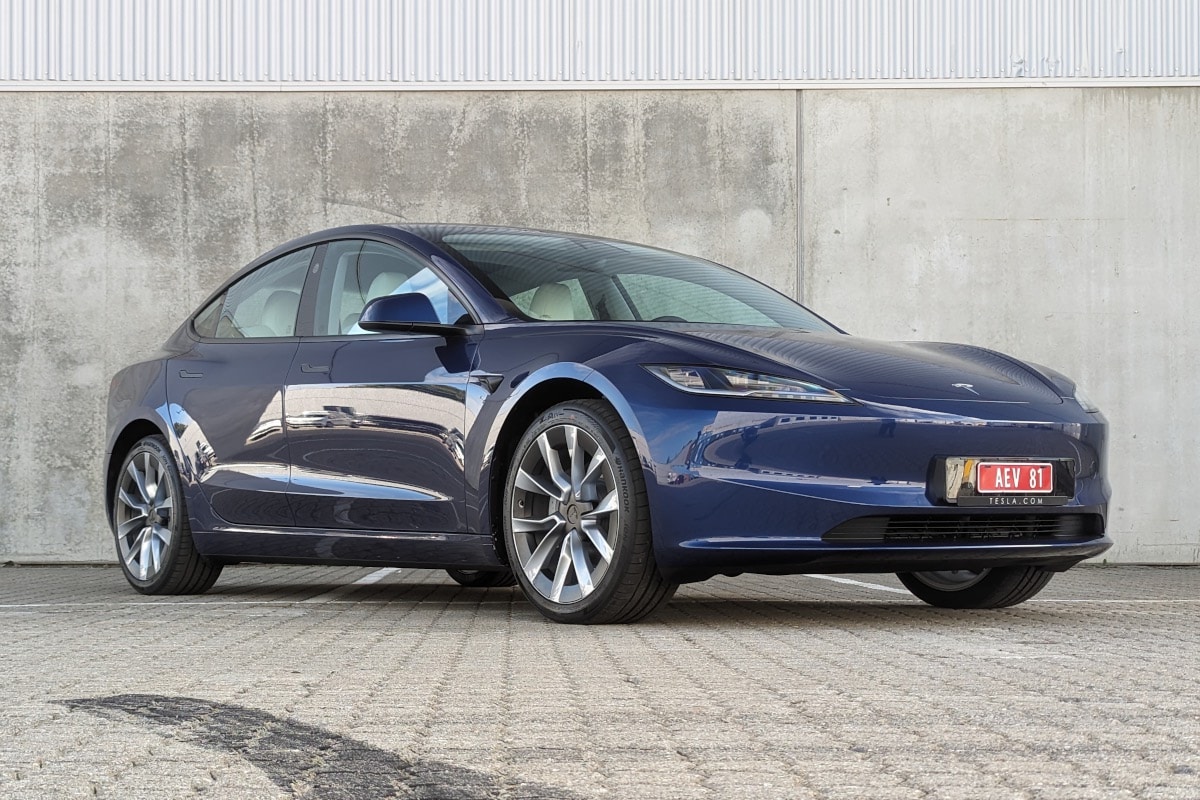Model 3 not so reliable? A recent report shows that the model has failure rates higher than the average of other vehicles after several years of use.
This is one of the arguments that we often hear in favor of electric vehicles: lower maintenance given the overall operation of the machine compared to a thermal vehicle. In theory, this is absolutely true. However, a report from TÜV-SÜD (German company specializing in certification and testing) reports that the Tesla Model 3, among the entire German automobile fleet, does not achieve such a good score after three years of use. From July 2022 to June 2023, 221 vehicle models were evaluated by this study, which included electric vehicles for the first time. The Model 3 came in last with an average failure rate of 14.7%.
Worrying failures
The report therefore pointed out several mechanical problems and failures which recurred quite regularly during the evaluation. Mainly on the brakes, lighting and axles. These are a key element in the steering and suspension system and serve to support the weight of the car, absorb shock and transmit power from the engine to the wheels.
In addition to these problems, Tesla chose in 2019 to no longer define the frequency of maintenance on its vehicles. A factor aggravated by the low availability of the brand’s official service centers, which does not always allow customers to pamper their car as they want.
Context and comparisons
Consequently, the Model 3 finds itself at the back of the pack, well ahead of the Dacia Logan, which has a failure rate of only 11.4% after three years of use. Completely opposite is the Volkswagen Golf Sportvan, a compact MPV. This is quite simply the most reliable vehicle in the study, with a rate of only 2%. A situation that Tesla should be concerned about, knowing that the durability of vehicles in Germany is increasing significantly. In 2000, the average lifespan was 6.9 years compared to 10 years in 2023.
Tesla has relied heavily on over-the-air (OTA) updates to resolve various problems with its vehicles rather than going through physical interventions. An approach that works well, but which also has its limits. The recent example of China restricting the duration and scope of OTA updates is the perfect example. If we add to this the fact that garages are not necessarily equipped to carry out EV maintenance, maintenance for users can quickly become complicated. The TÜV-SÜD study rather explicitly highlights these failures, both of the vehicle, but especially of the brand’s after-sales service.
Sources: Digitimes, Clean Energy Revolution

20